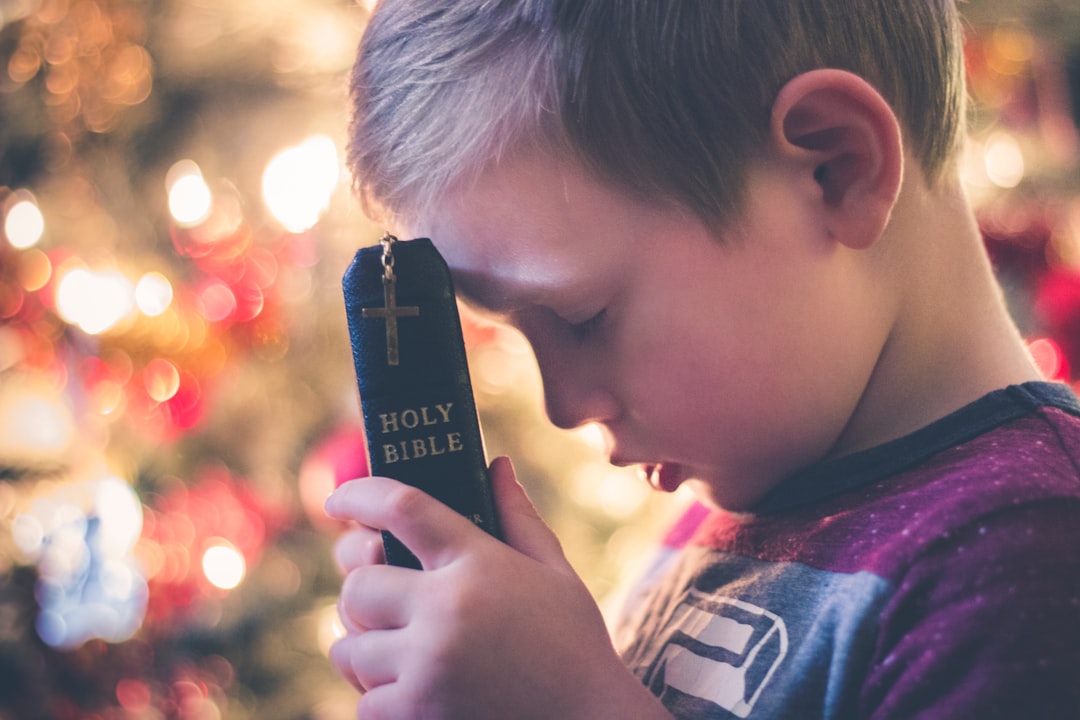Diversity is a beautiful aspect of our world, showcasing the many different cultures, traditions, and belief systems that exist. Within the Christian faith, this diversity is also present, with a wide range of denominations, theological beliefs, and worship practices. Embracing this diversity is crucial for fostering a strong and unified Christian community that can work together to spread love, compassion, and understanding to all.
One of the foundational beliefs of Christianity is the unity that comes from a shared faith in Jesus Christ as Lord and Savior. This belief is central to the teachings of the Bible, with passages like Ephesians 4:3-6 emphasizing the importance of unity within the body of Christ: “Make every effort to keep the unity of the Spirit through the bond of peace. There is one body and one Spirit, just as you were called to one hope when you were called; one Lord, one faith, one baptism; one God and Father of all, who is over all and through all and in all.” This passage speaks to the inherent unity that all Christians share, regardless of their denominational differences.
However, despite this shared unity, the Christian faith is not monolithic. There are countless denominations within Christianity, each with its own unique beliefs, practices, and traditions. From Catholicism to Eastern Orthodoxy, from Protestantism to Evangelicalism, the Christian faith encompasses a wide range of perspectives and interpretations of scripture. Embracing this diversity is essential for creating a vibrant and inclusive Christian community that can effectively reach out to people of all backgrounds and beliefs.
One of the key benefits of embracing diversity within the Christian faith is the opportunity it provides for learning and growth. By engaging with Christians from different denominations and theological traditions, we can gain new perspectives on scripture, theology, and worship practices. This exposure to different viewpoints can challenge us to think critically about our own beliefs and can deepen our understanding of God’s word. It can also help to break down stereotypes and misconceptions that can often divide Christians from one another.
Embracing diversity within the Christian faith also provides an opportunity to celebrate the richness and beauty of God’s creation. Just as each individual is a unique and beloved child of God, so too are the many different expressions of faith within the Christian tradition. By acknowledging and appreciating the diversity within our faith community, we can honor the different ways that people connect with God and experience His love. This diversity can also serve as a powerful witness to the world, showing that the Christian faith is not a monolithic institution, but a dynamic and diverse community of believers.
At the same time, it is important to remember that while diversity is a strength within the Christian faith, unity is equally important. As the passage from Ephesians reminds us, we are all part of one body, united by our shared faith in Jesus Christ. This unity does not mean that we must all agree on every theological point or worship practice, but it does require us to treat one another with love, respect, and compassion. It calls us to set aside our differences and come together as brothers and sisters in Christ, working together to spread the message of God’s love to the world.
One powerful example of unity within diversity in the Christian faith is the ecumenical movement. This movement, which seeks to promote unity among different Christian denominations, has made great strides in recent decades, with churches from different traditions coming together to pray, worship, and work for social justice. Through dialogue and collaboration, these churches have been able to overcome centuries-old divisions and work towards a more unified expression of the Christian faith. While there is still much work to be done, the ecumenical movement is a powerful testament to the importance of unity within diversity in the Christian faith.
In addition to fostering unity within the Christian community, embracing diversity can also help to break down barriers between Christians and people of other faith traditions. By engaging with people of different backgrounds and beliefs, we can learn from one another, build bridges of understanding, and work together to promote peace and justice in our world. This spirit of openness and inclusivity is at the heart of the Christian faith, and by embracing diversity, we can bear witness to the transformative power of God’s love in our lives and in the world.
Ultimately, embracing diversity and unity within the Christian faith is not just a matter of theological doctrine, but a call to action. It requires us to step outside of our comfort zones, engage with people who are different from us, and work towards a more inclusive and loving community of faith. It challenges us to set aside our preconceived notions and prejudices, and to see each individual as a beloved child of God. In doing so, we can create a vibrant and diverse Christian community that reflects the beauty and complexity of God’s creation.
As Christians, we are called to be a light to the world, shining God’s love and grace to all people. By embracing diversity and unity within the Christian faith, we can bear witness to the transformative power of God’s love and work towards a more compassionate and just society. It is only through coming together in love and unity that we can truly fulfill the call of Christ to love our neighbors as ourselves and spread His message of hope and redemption to all the corners of the earth.


